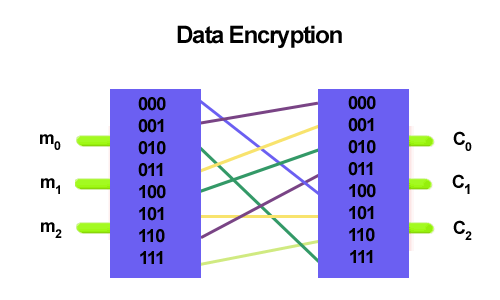|
The Spartan-II FPGA provides a very flexible solution allowing support of multiple Conditional Access algorithms. The Conditional Access Unit provides the decryption of the Digital Video Broadcast (DVB) signal. However, most broadcasters specify their own decryption algorithm and consequently a number of different algorithms are currently being used. This in turn, requires set-top box manufacturers to develop multiple conditional access solutions, one for each? broadcaster's unique encryption algorithm.

Using the low-cost Spartan-II FPGA as the solution for the Conditional Access Unit allows for a single, standard set-box platform that can be programmed during manufacture, to conform to any broadcaster's unique encryption standard. This approach allows the set-top box manufacturer to realize the low-cost benefits associated with manufacturing a single product in high volume. Furthermore, using the Spartan-II FPGAs allows the decryption algorithm to be upgraded in the field using the Xilinx Online field upgrade able technology.?
The industry has recognized these issues and the Digital Audio Video Council (DAVIC) has adopted the "Common Interface" in an attempt to provide a standard method to connect proprietary decryption circuits to the main processing unit. It is envisaged that the Common Interface will be deployed in newer set-top box designs, allowing set-top boxes to support multiple decryption standards in a simpler and more cost-effective way. However, with time-to-market pressures, set-top box manufactures must maintain the ability to adhere to these changing standards. Xilinx programmable logic devices provide the ideal vehicle to enable rapid development cycles in an industry that continues to enhance standards.
|


